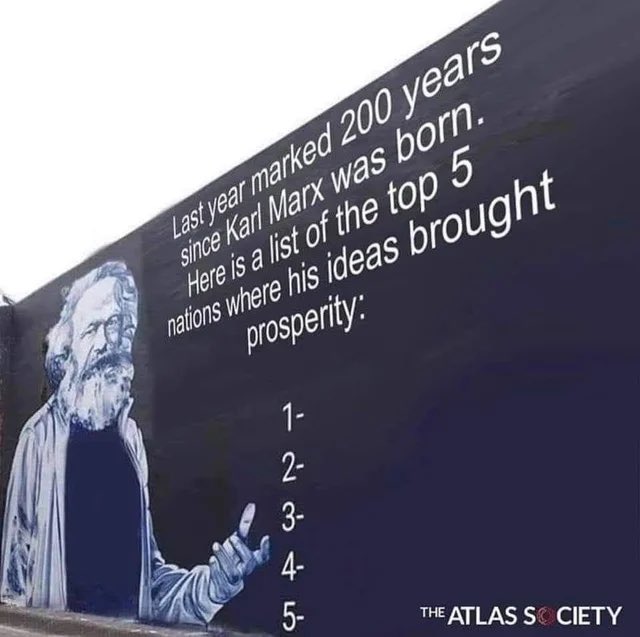
I don't want to overplay this announcement of a ride-hailing firm announcing plans for a lease-to-own scheme for lower-emission vehicles in Nigeria. It may be far less than meets the eye. But it's *interesting*:
bloomberg.com/news/articles/…
bloomberg.com/news/articles/…
Conventional wisdom is that energy transition technologies like EVs will be very slow to spread to poorer countries, especially ones like Nigeria that are awash in relatively cheap crude oil. That clearly has implications for the whole trajectory of energy transition.
But if total cost of ownership for EVs is lower (as it is already in places like the U.S. and Europe), then price-sensitive emerging economies with fewer privately-owned vehicles might be expected to leapfrog richer countries in adopting them.
That's particularly the case where transport fuels are dependent on oil refinery capacity that's usually lacking in lower-income countries, with fuel costs at the mercy of currency movements (though a lot of sub-Saharan Africa is pegged to the euro).
As I say, this is just a press release. And the pilot will include gas vehicles. There may not be many EVs in this at all. But the proposal challenges a lot of conventional wisdom about how emerging economies' energy dynamics will develop over the coming years.
cf. Vitol's big deal yesterday to buy out the rest of African fuel retailer Vivo.
bloomberg.com/news/articles/…
bloomberg.com/news/articles/…
• • •
Missing some Tweet in this thread? You can try to
force a refresh






